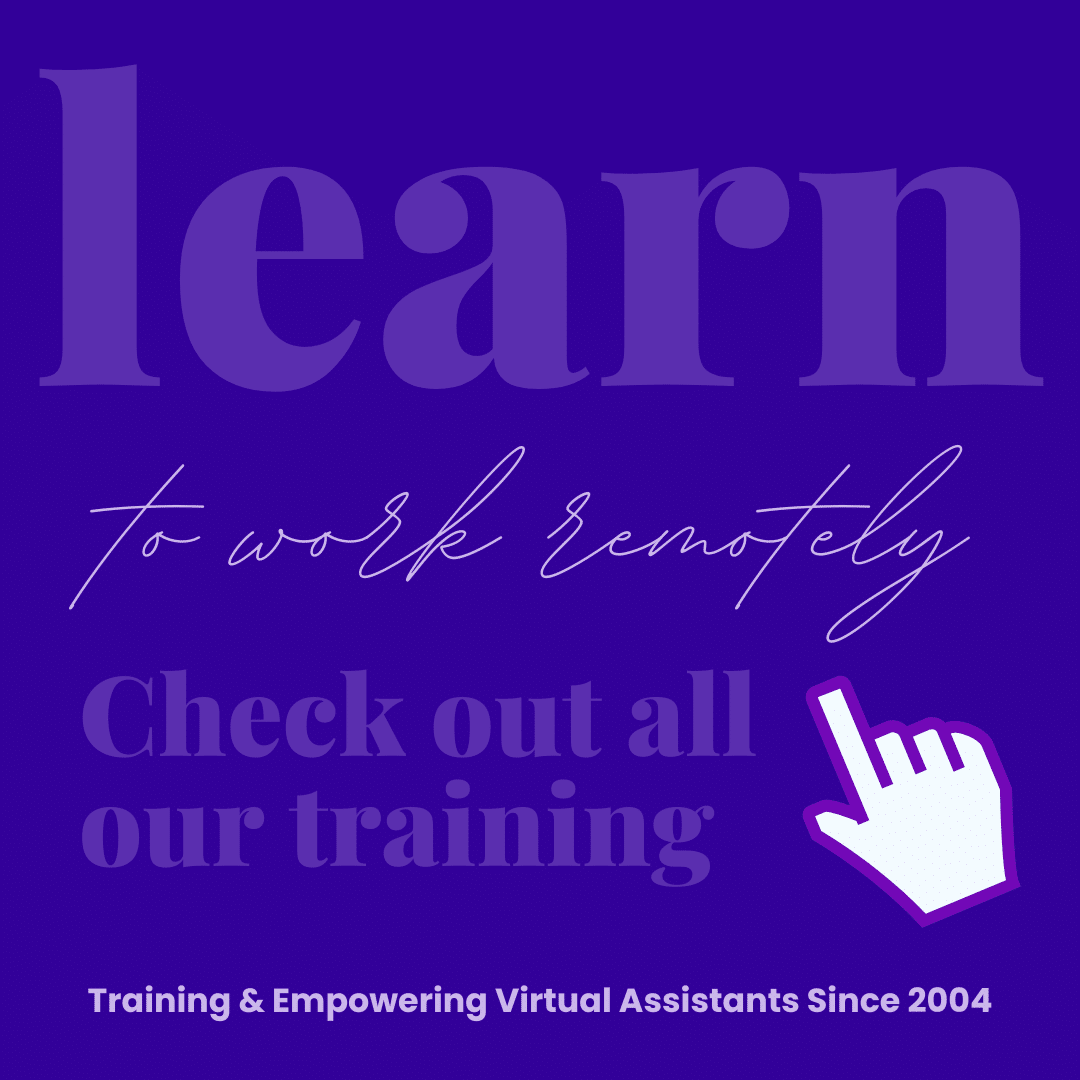Communication is key for so much of what virtual professionals do. Ever think about its importance? Working virtually means much of everyday communication takes place sight unseen via written word. Knowing this, it’s essential to remember to express instructions, correspondence, and marketing messages clearly and with intention. Make each word count.
Think about it. In a virtual environment, where the written word is king, there is seldom the opportunity or benefit of seeing someone’s eyes twinkling when they tell a story, hearing a smile or laugh, seeing a frown when something has been said that opposes anothers viewpoint, catching a glimmer of sadness when a tender topic is mentioned or seeing the look of confusion when instructions aren’t clear. But, that should never mean that communications will always be misunderstood.
Well chosen descriptive language will add flavor and fullness to how the reader interprets what is written without overloading the writing with tons of adjectives. Actively listening and asking questions are two ways to make certain the messages being expressed are reaching their mark.
Let’s begin with these questions and statements to ensure quality comprehension:
- Ask if anything more needs to be provided or shared before the task at hand can begin?
- Ask if there are any questions about what was explained.
- Ask if the goal is understood.
- Repeat what was heard/read to make certain the scope of the work is understood.
- Be clear about expectations and deadlines.
These comprehension questions can be applied to email correspondence, marketing pieces, website content, and project instructions. Are the vital nuggets of information being provided in a concise way so that everything can continue moving forward? If not, what can be changed to make the message clearer?
We all have different communication styles and preferences. By asking questions and actively listening we should be able to avoid asking, “Can you hear me now?”





